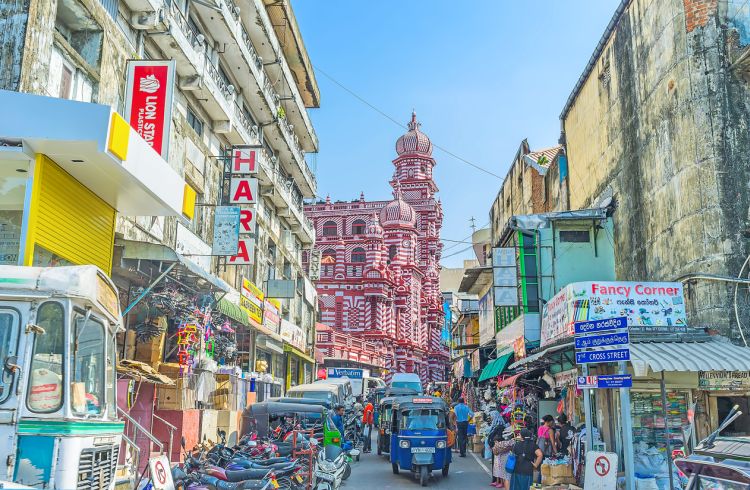
This course unit seeks to provide students with the analytical and practical tools to engage reflexively with urban development and planning challenges thrown up by rapid social, economic and political changes in the global South. Key issues covered in the course unit include the impact of the informal economy on labor markets, weak cities, gender empowerment, urban services, urban social enterprise, social policy, and popular politics. Attention will be focused on the potential as well as risks of large informal economies in the face of contemporary development challenges, drawing on empirical evidence and comparative case studies from across the cities in the developing world.
මෙම පාඨමාලා ඒකකය සිසුන්ට ගෝලීය දකුණේ වේගවත් සමාජ, ආර්ථික හා දේශපාලන වෙනස්කම් මගින් නාගරික සංවර්ධනය හා සැලසුම් කිරීමේ අභියෝග සමඟ ප්රත්යාවර්තකව සම්බන්ධ වීමට විශ්ලේෂණාත්මක හා ප්රායෝගික මෙවලම් ලබා දීමට උත්සාහ කරයි. පාඨමාලා ඒකකය තුළ ආවරණය වන ප්රධාන කරුණු අතරට අවිධිමත් ආර්ථිකය ශ්රම වෙළඳපොළවල්, දුර්වල නගර, ස්ත්රී පුරුෂ භාවය සවිබල ගැන්වීම, නාගරික සේවා, නාගරික සමාජ ව්යවසාය, සමාජ ප්රතිපත්ති සහ ජනප්රිය දේශපාලනය කෙරෙහි ඇති කරන බලපෑම ඇතුළත් වේ. සමකාලීන සංවර්ධන අභියෝග හමුවේ විශාල අවිධිමත් ආර්ථිකයන්හි විභවතාවයන් මෙන්ම අවදානම් පිළිබඳව ද අවධානය යොමු කෙරෙනු ඇත. සංවර්ධනය වෙමින් පවතින රටවල නගර පිළිබඳ පුරා ආනුභවික සාක්ෂි සහ සංසන්දනාත්මක සිද්ධි අධ්යයන කෙරෙනු ඇත.
Learning outcomes
On completion of this course unit, students will be able to:
1. discuss urbanization in an international perspective
2. explain urbanization in the developing world
3. define dependent urbanization
4. define urban informal sector
5. explain the relationship between the informal economy and the urban poor
Lecturer in-charge:
Ms. Anuradha C. Senanayake

- ஆசிரியர்: Avanka Fernando
- ஆசிரியர்: Mahesh Premarathna
- ஆசிரியர்: Anuradha Senanayake